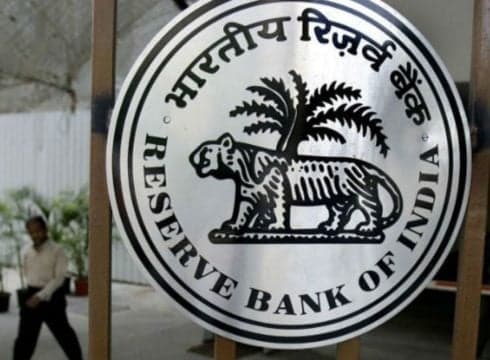The new PPI comes with a monthly rechargeable limit of INR 10K
It can be used only for retail payments and not a funds transfer
This move is said to boost payments aggregators like Paytm, PhonePe and others
Inc42 Daily Brief
Stay Ahead With Daily News & Analysis on India’s Tech & Startup Economy
Reserve Bank of India (RBI), on Tuesday (December 24), announced that it has introduced a new Prepaid Payment Instrument (PPI) for retail payments. This decision was taken to enhance user experience and drive small-ticket retail digital payments in the country. The new PPI can be used only for making retail payments like the purchases of daily household goods and services, and not fund transfer.
In a media report, RBI said that PPI can be issued by banks and existing non-banking PPI players, where the companies can verify customers credentials to open their PPI accounts using a one time password (OTP) sent to user’s registered mobile number along with official valid document listed in the ‘Master Direction – Know Your Customer (KYC) Direction.’
According to RBI, the new PPI comes with a monthly rechargeable limit of 10K. It can be uploaded only from a bank account, linked with the customer’s verified mobile number. In addition to this, RBI has fixed an annual limit of INR 1.2 lakh that can be used for recharging the PPI account.
This move by the RBI is said to boost wallet companies, such as Paytm, PhonePe, Google Pay and others, as it reduces costs of KYC compliance since Supreme Court’s decision on September 26, 2018.
For years now, non-banking finance companies (NBFCs), fintech players, peer-to-peer (P2P) lending platforms were behind RBI, Unique Identification Authority of India (UIDAI) and the National Payments Corporation of India (NPCI) to allow the KYC verification through Aadhaar as this would significantly reduce the cost and eliminate time-taking physical KYC onboarding procedure.
This decision by RBI comes as an alternative of the Aadhaar KYC verification, which will also help fintech companies in their customer onboarding process and streamline the KYC procedure.
This also comes at a time when RBI proposed ecommerce companies acting as payments and payment aggregators to separate their marketplace business from payments vertical such as Flipkart’s PayZippy, Amazon Pay and Shopclues’ Reach.
With this, the regulatory body had suggested separating both the activities — ecommerce payments gateway and payments aggregators — as it does not come with the regulatory ambit of the RBI. If approved, ecommerce companies will be given three months to comply with the regulations and create a separate entity for payments and marketplace verticals.
{{#name}}{{name}}{{/name}}{{^name}}-{{/name}}
{{#description}}{{description}}...{{/description}}{{^description}}-{{/description}}
Note: We at Inc42 take our ethics very seriously. More information about it can be found here.


